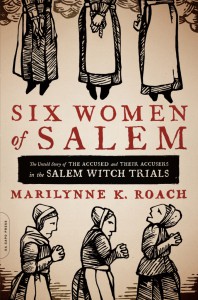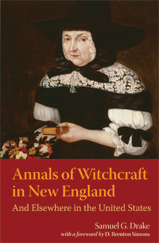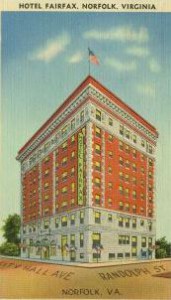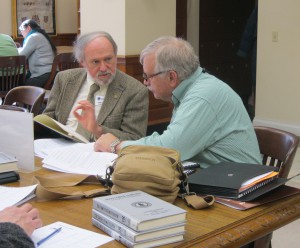
While interning at the American Jewish Historical Society—New England Archives and processing their collection of the Hebrew Immigrant Aid Society (HIAS), I came across the interesting case of the Isak Aghassi family, an Iraqi Jewish (or Mizrahi) family who for years struggled to immigrate to the United States, first from Iraq and then from Mexico. The Aghassis’ story is an extraordinary one of resolve and courage that epitomizes the struggle Iraqi Jews went through before, during, and after the period of the Second World War. Their story reveals another side of the Jewish struggle, one that is not as commonly known or understood. Continue reading Mid-century migration from Iraq to Mexico to the United States







